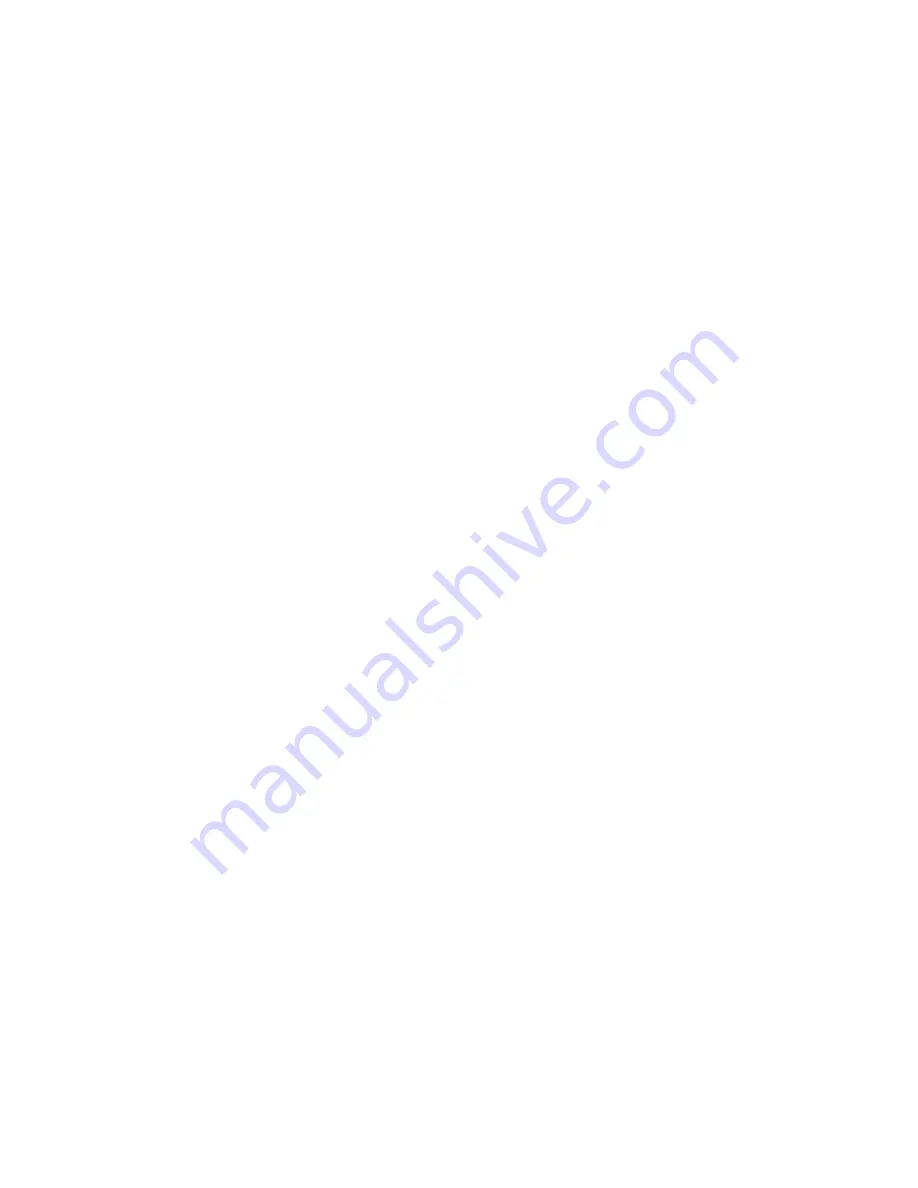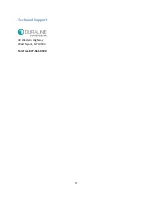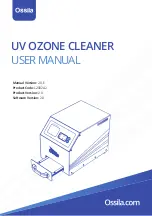
12
Lubricating items
- When necessary, re-Iubricate items immediately after cleaning.
Drying items
- Air drying at room temperature works for some items. Place parts
requiring faster drying time under hot air blowers or in ovens.
Cleaning Methods
There are two methods of cleaning - direct and indirect. Each has advantages and
disadvantages. When in doubt, run test samples using both methods to decide which
one produces the best results for you.
Direct method
•
Items in perforated insert tray
•
Item suspended
How it works:
•
Fill the tank with warm water and a cleaning solution.
•
Place the items to be cleaned in a perforated tray and lower them into the tank. You
can also suspend items on a wire and then immerse them in the solution.
The advantages of this method are the simplicity of operation and cleaning
effectiveness.
Indirect method
•
Items laid randomly in solid insert tray
•
Items placed in beakers
How it works:
•
Fill the tank with warm water and a cleaning solution.
•
Pour your solution medium into one or more beakers or into a solid insert tray.
•
Place the beakers in a beaker positioning cover or a solid insert tray to fit your
cleaner. Beakers should not touch the tank's bottom.
The advantages of this method are:
• Removed soil stays in the beaker or tray so you can easily examine, filter or discard it.
• You can use one or more solutions at the same time.
- Two completely different cleaning solutions.
- One beaker or tray with a cleaning solution and one with a rinse solution.
• Cleaning solution in your tank needs to be changed less often.



































